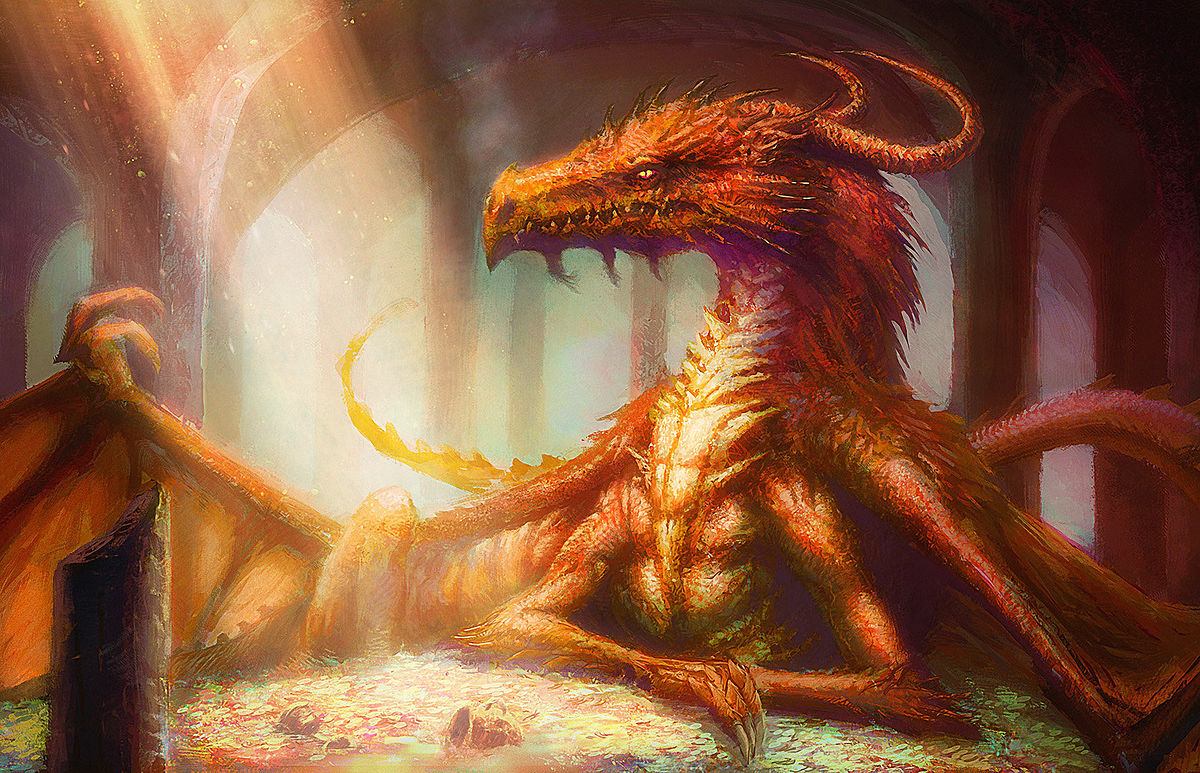However, riches do not translate into readily available resources. Riches are tied up in capital. They are the factories and the stores, the ships and boats, the ports and cargo-trains that make society function. These things have all come about due to the profit motive of the owners. In a free market where profits can only be made if both sides of a trade benefit, none of the above capital can be said to benefit the owner alone. It benefits us all.
Rich people will typically take out only a tiny part of their profits for consumption. The rest is put back into investments that will further enhance the wealth of everybody. No-one gets poorer in this process unless some coercive entity forces the trades so that one side gains to the detriment of the other.
Government can mandate by law that people buy certain products or services. This will typically benefit the capitalists at the expense of consumers. Alternatively, government can tax capitalists, which will benefit government at the expanse of both capitalists and consumers. This is because taxation reduces the incentive to invest in new production. With fewer products and services available for consumption, both consumers and capitalists end up worse off.
Re-distribution of wealth is no remedy for poverty. Such actions can only reduce the overall production in society. On the other hand, free trade and free access to unused land will go a long way towards eradicating poverty. With freer access to resources, and fewer obstacles to free trade, poor people can get involved in the economy. They can start producing things for themselves, compete directly with large land and factory owners, unhindered by the bureaucracy of the state.
By David Demaret, CC BY-SA 3.0, Link

No comments:
Post a Comment